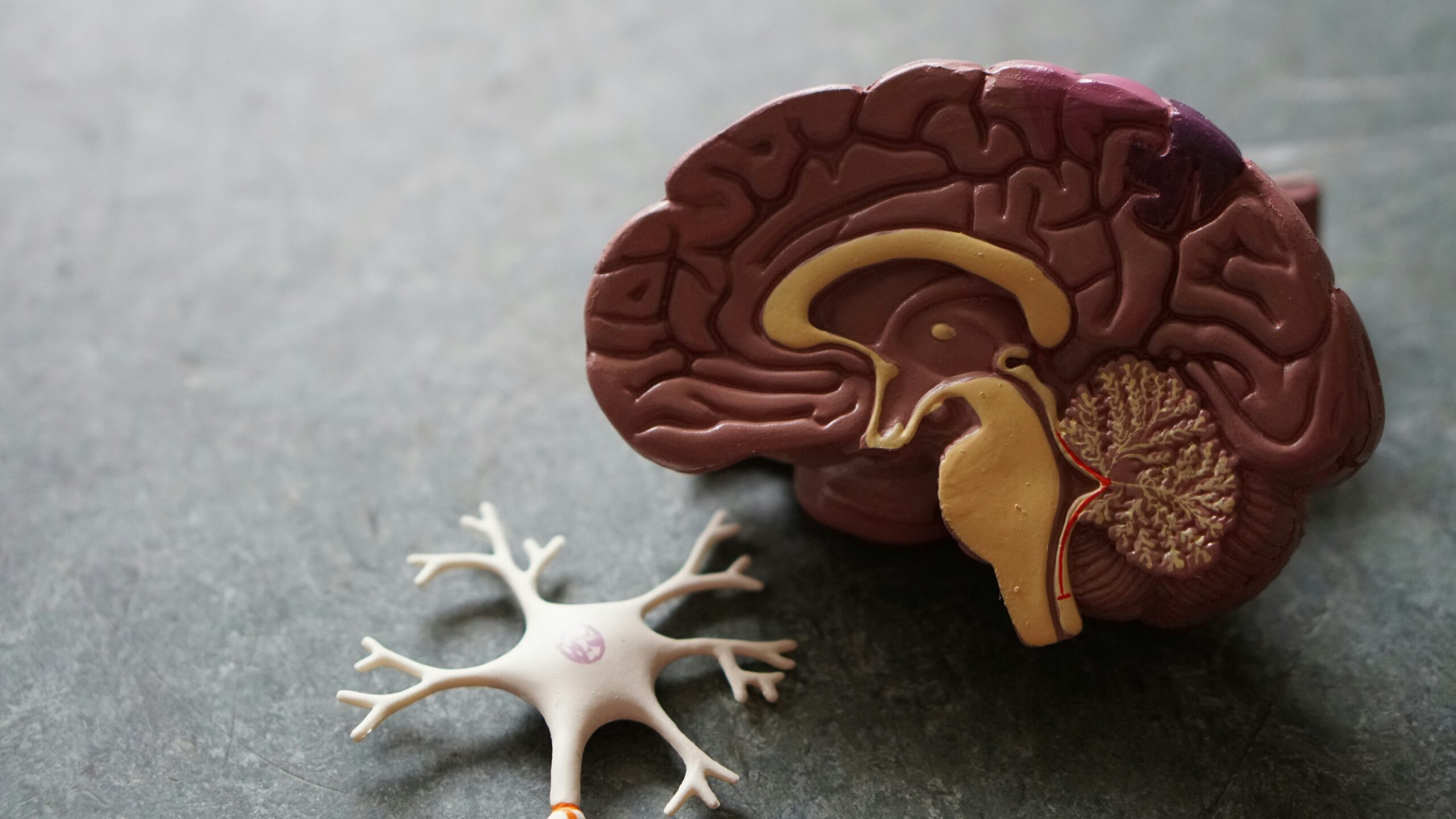

Introduction to the world of diet myths
Welcome to the fascinating world of diet myths, where misinformation runs rampant and confusion reigns supreme. With so many voices claiming to know the best way to lose weight or eat healthy, it’s easy to get lost in a sea of conflicting advice. From low-carb fanaticism to fat-free frenzy, we’ve all heard tales that sound too good (or too strange) to be true.
But here’s the reality: not everything you hear about nutrition holds water. Some popular beliefs have origins steeped in misunderstanding or exaggeration. It’s time we pull back the curtain on these misconceptions and shine a light on what really matters when it comes to our diets.
Join us as we embark on a journey through common diet myths, debunking each one along the way. By separating fact from fiction, you’ll be empowered with knowledge that helps you make informed decisions about your health and well-being. Let’s dive into this eye-opening exploration of nutrition!
Common diet myths and their origins
Diet myths are everywhere. They often stem from outdated science or anecdotal evidence, making them hard to shake off.
One common myth is that eating fat makes you fat. This belief took hold in the 1980s when low-fat diets were all the rage. People cut out healthy fats, thinking they could shed pounds faster.
Another prevalent notion is that carbs should be completely avoided for weight loss success. While refined carbs can lead to health issues, whole grains and fruits provide essential nutrients.
Then there’s the idea of detox diets—cleanses claiming to rid your body of toxins quickly. This myth thrives on misunderstandings about how our bodies naturally detoxify through organs like the liver and kidneys.
These misconceptions can influence our choices at every meal, leading us away from a balanced approach to nutrition.
Debunking common misconceptions about food and weight loss
Many people believe that skipping meals is an effective way to lose weight. In reality, this often backfires. When you skip a meal, your body enters starvation mode, slowing down metabolism and making it harder to shed pounds.
Another common myth is that all fats are bad for you. Healthy fats found in avocados, nuts, and olive oil can actually promote heart health and keep you feeling full longer.
Then there’s the idea that carbohydrates should be completely eliminated from your diet. This misconception overlooks the fact that whole grains provide essential nutrients and energy for daily activities.
Some also think they can outrun a poor diet through exercise alone. While physical activity is important, nutrition plays a crucial role in achieving sustainable weight loss as well. Balancing both aspects leads to better overall results rather than relying on one over the other.
How to make informed decisions about your diet
Making informed decisions about your diet starts with understanding food labels. Take the time to read what’s in your meals, not just the calorie count. Look for added sugars, sodium levels, and types of fats.
Next, consider whole foods over processed options. Fresh fruits and vegetables pack nutrients that you won’t find in packaged snacks. Incorporating these into your daily meals can make a big difference.
Don’t shy away from seeking advice from registered dietitians or nutritionists. They offer personalized insights that cater to your specific needs and health goals.
Listen to your body. Pay attention to how different foods make you feel—energy levels, mood changes, or digestive reactions can guide you toward better choices without strict restrictions. This approach fosters a healthier relationship with food over time.
Expert advice on navigating the confusing world of nutrition
Navigating nutrition can feel overwhelming. With countless diets and trends, it’s hard to know what really works. Experts suggest starting simple. Focus on whole foods like fruits, vegetables, lean proteins, and whole grains.
Listening to your body is crucial. Everyone’s needs are different. Pay attention to how certain foods make you feel—energized or sluggish? This awareness helps tailor your diet effectively.
Don’t fall for quick fixes or fad diets. Sustainable changes often yield better long-term results than extreme measures that leave you feeling deprived.
Consulting a registered dietitian can provide personalized guidance based on scientific evidence rather than trends. They help demystify labels and ingredients while crafting a plan suited to your unique lifestyle.
Remember that balance is key in any healthy eating pattern. Allow yourself the occasional treat without guilt; it’s all part of a holistic approach to wellness.
Conclusion: Taking a balanced approach to healthy eating
Adopting a balanced approach to healthy eating can be the key to long-term success. It’s essential to understand that nutrition isn’t about strict diets or extreme restrictions. Instead, focus on moderation and variety.
Start by listening to your body. Recognize hunger cues and learn what foods make you feel good physically and mentally. Incorporate whole foods into your meals—fruits, vegetables, lean proteins, and whole grains are all excellent choices.
While it’s tempting to chase quick fixes or fads, remember that sustainable changes often yield the best results. Embrace flexibility in your diet; allow room for indulgences without guilt. This not only helps maintain a positive relationship with food but also supports mental well-being.
If you’re ever in doubt about nutritional information, seek guidance from registered dietitians or trusted sources. They can offer personalized advice tailored to your lifestyle and needs.
By debunking myths and focusing on informed choices, you’ll pave the way for a healthier future filled with joy rather than restriction. After all, nourishing yourself should be an empowering journey rather than a battleground of conflicting information.
